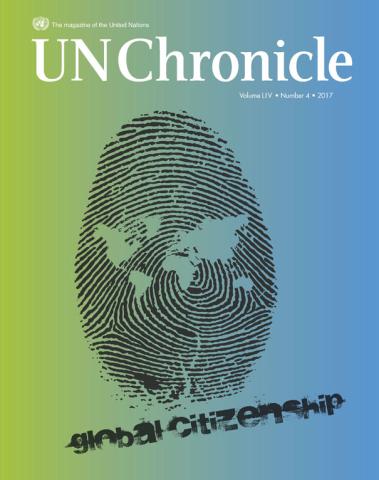
This issue focuses on global citizenship, which has been defined as the concept that one’s identity transcends, even as it respects, geographical and national borders, and that our social, political, environmental and economic actions occur in an interconnected world. The articles examine, among other things, the nexus between reducing inequality and global citizenship, safeguarding cultural and linguistic diversity, and the rights and responsibilities derived from being a global citizen.



